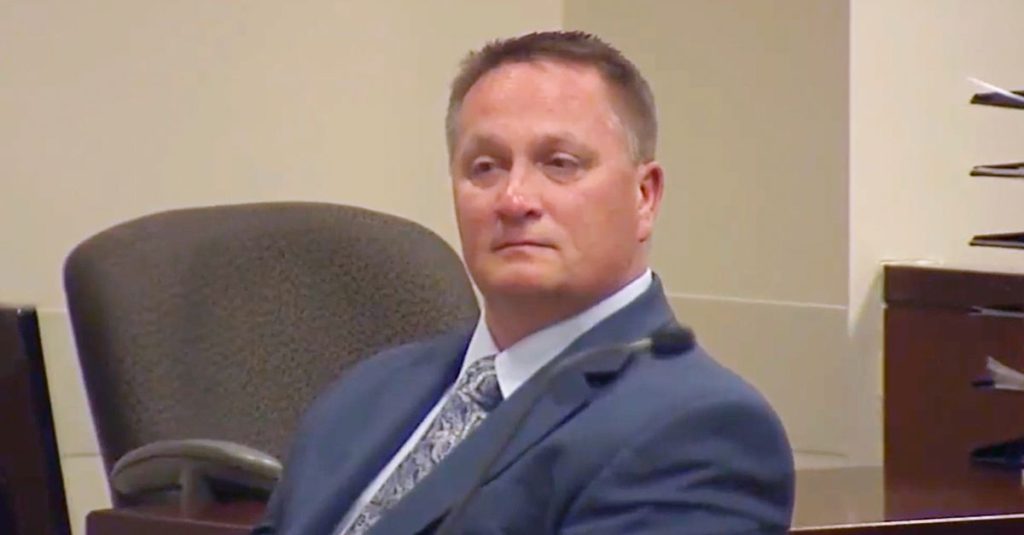Jeremy Cooper, a former paramedic, was sentenced to probation after being convicted of criminally negligent homicide in the death of Elijah McClain. This case garnered attention due to its connection to the 2020 racial injustice protests, sparked by George Floyd’s murder. McClain, a Black man, was injected with ketamine after being forcibly restrained by police in 2019. Cooper faced up to three years in prison but was sentenced to probation, marking a rare instance of a paramedic facing criminal charges related to a death in police custody.
Sheneen McClain, Elijah’s mother, expressed dissatisfaction with the outcome of the trials, stating that justice has not been served for her son. Two Aurora police officers were acquitted, and Sheneen holds them and other responders on the scene responsible for her son’s death. Criminal charges against paramedics and emergency medical technicians involved in police custody cases are uncommon, making these convictions significant in the context of increased scrutiny on racially motivated violence and abuses of power in law enforcement.
The sentencing of Jeremy Cooper follows other trials related to Elijah McClain’s death, including the conviction of a police officer and another paramedic. These convictions are regarded as a reflection of the changing landscape surrounding accountability in cases of police brutality and misconduct. McClain’s name became a symbol of protest against racial injustice in policing, with many pointing to his case as an example of the need for reform and accountability within law enforcement agencies.
The impact of the protests that followed McClain’s death, as well as the subsequent trials and convictions, has led to a reevaluation of practices within police departments and emergency medical services. Changes have been made to protocols and procedures, with a particular focus on the use of sedatives and restraints during arrests. Efforts to address systemic racism and biases within law enforcement are ongoing, with advocates calling for further reforms to prevent future instances of police brutality and misconduct.
Despite the convictions in McClain’s case, challenges remain in holding law enforcement accountable for misconduct. Experts note that convictions in cases involving police officers and first responders can be difficult due to legal protections and public attitudes toward law enforcement. The lessons learned from McClain’s case highlight the need for continued efforts to address racial profiling, use of force, and systemic injustices within the criminal justice system.
Sheneen McClain continues to advocate for justice for her son and remains critical of the legal process that resulted in mixed outcomes for those involved in his death. The impact of Elijah McClain’s case on the broader conversation around policing and accountability underscores the ongoing need for reform and reevaluation of practices within law enforcement agencies. The legacy of McClain’s death serves as a reminder of the work still needed to ensure equal treatment and protection for all individuals, regardless of their race or background.


